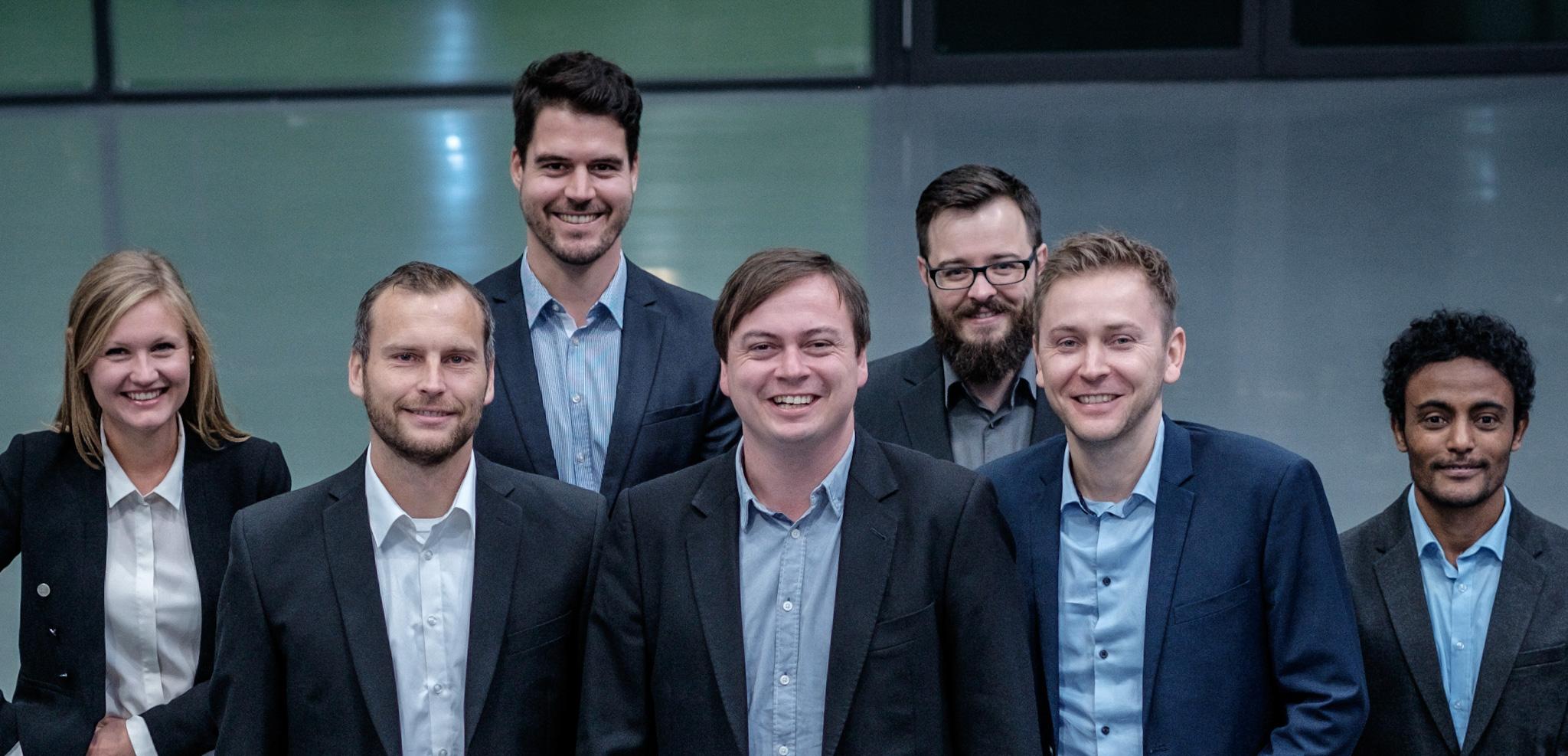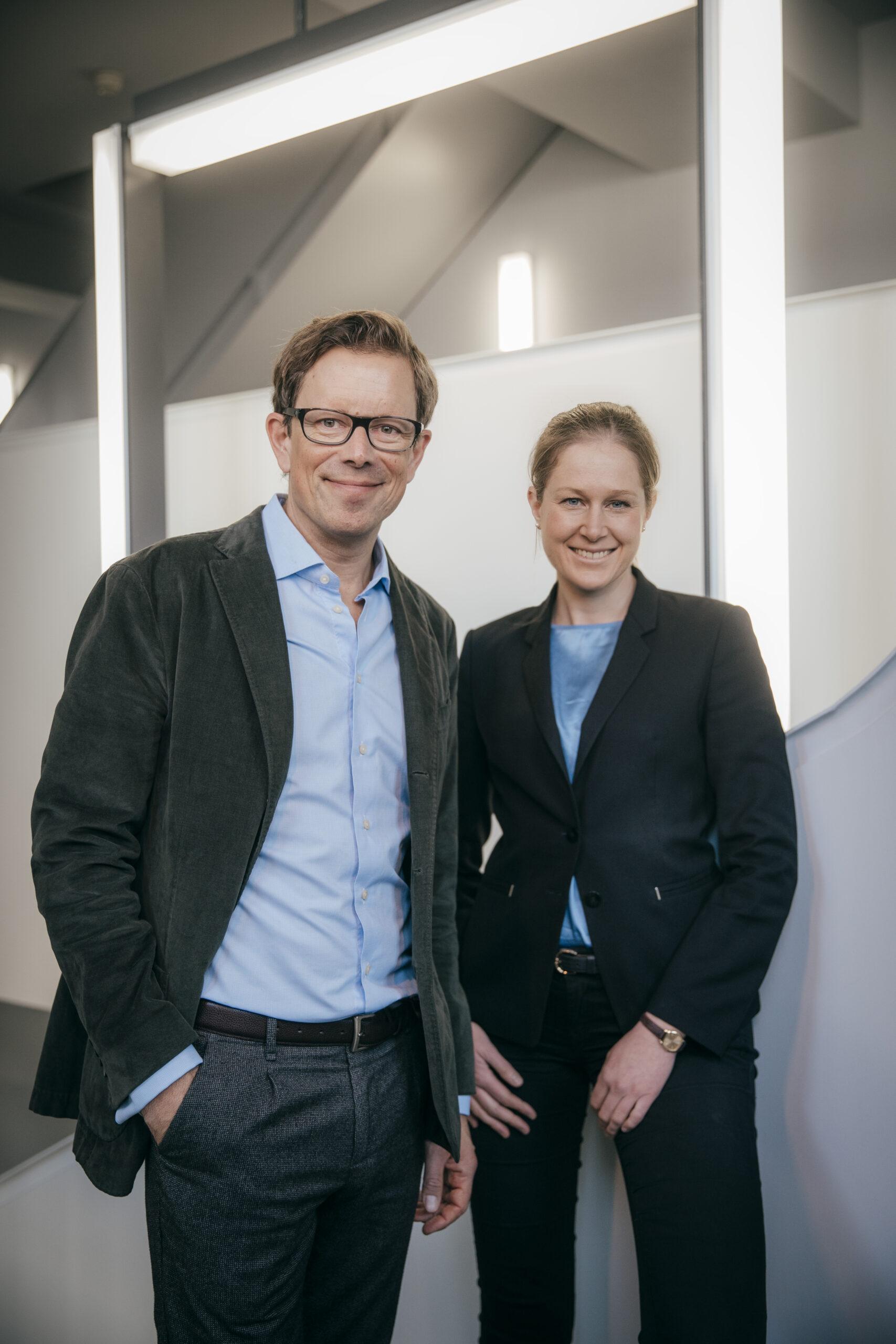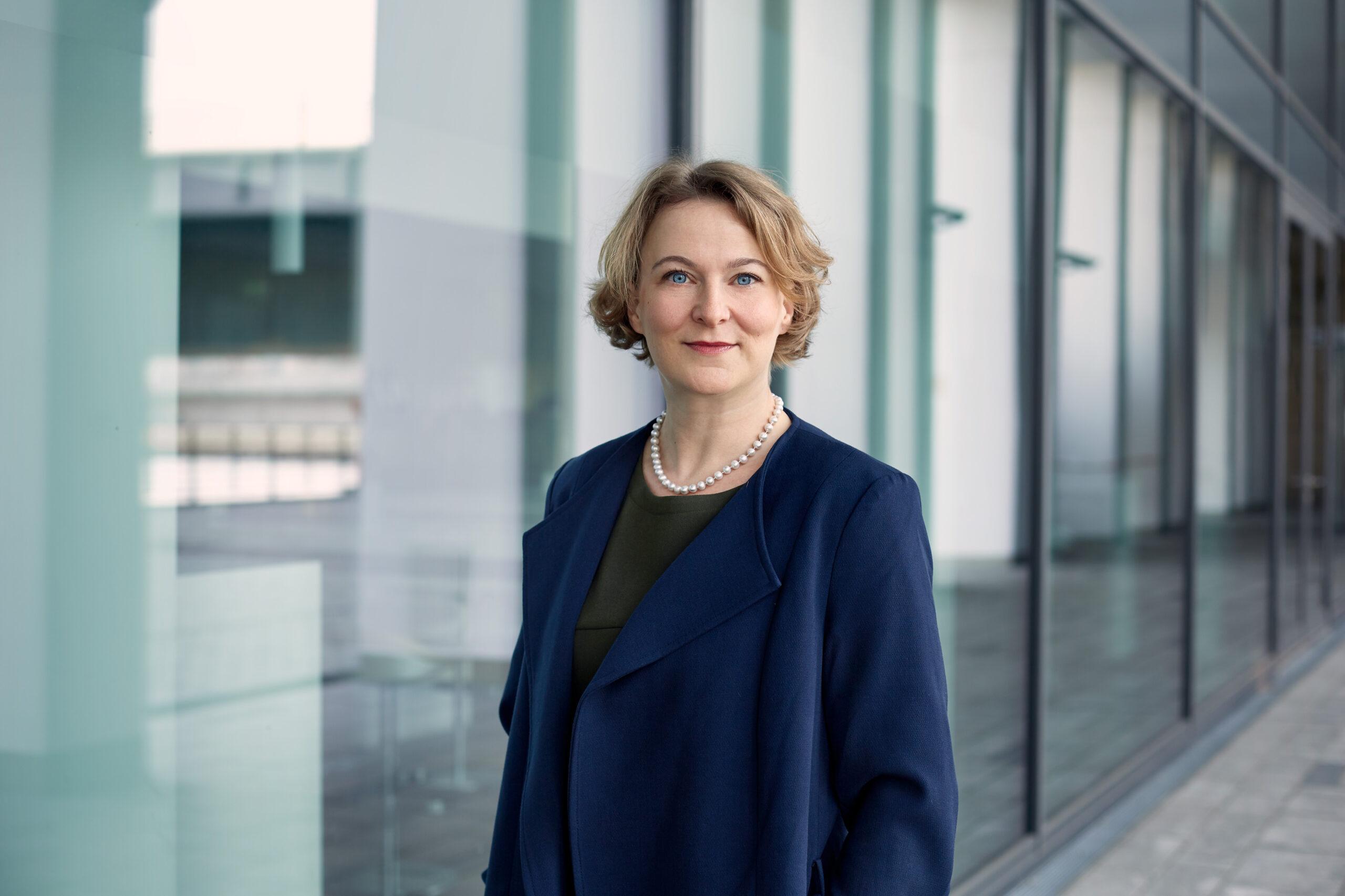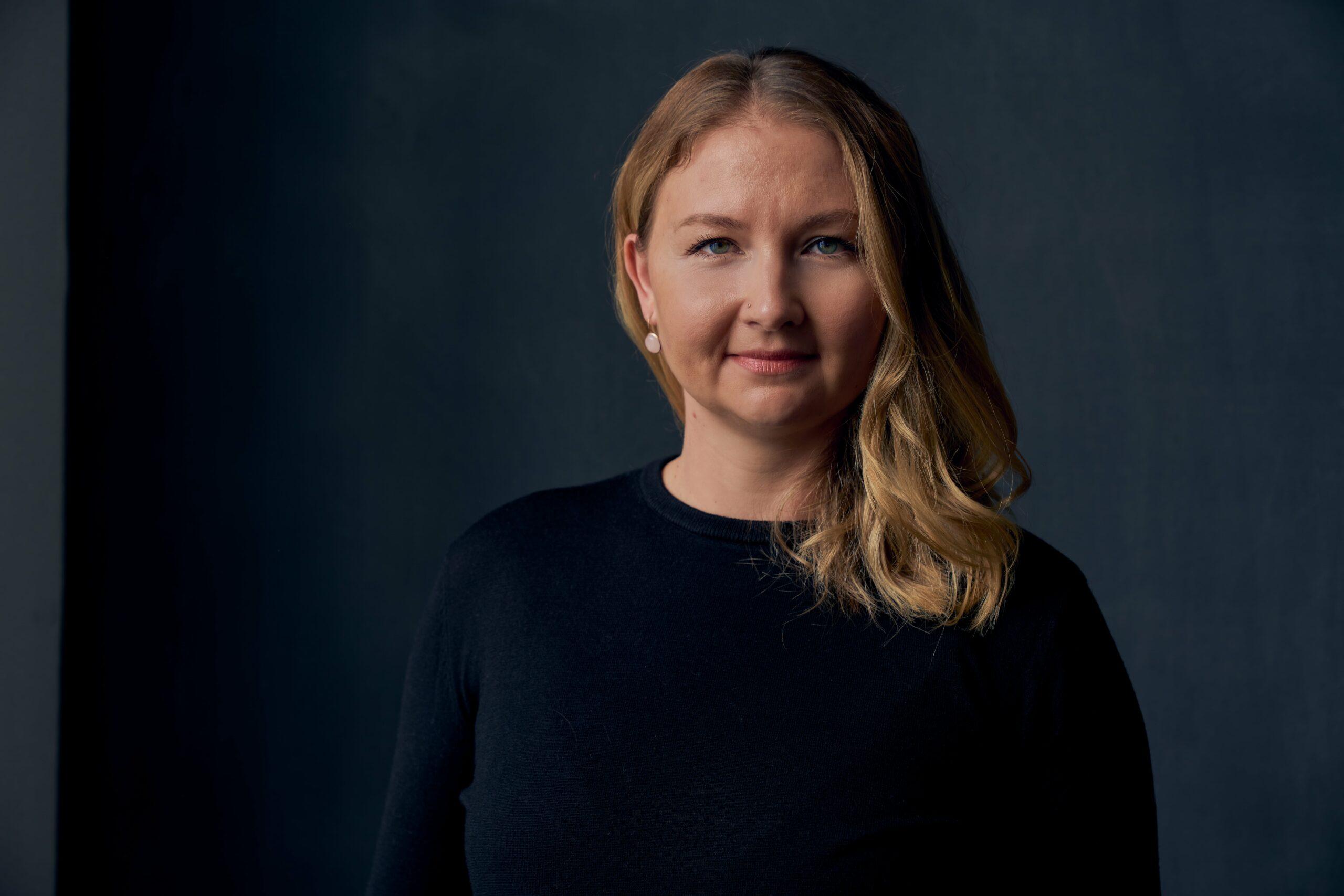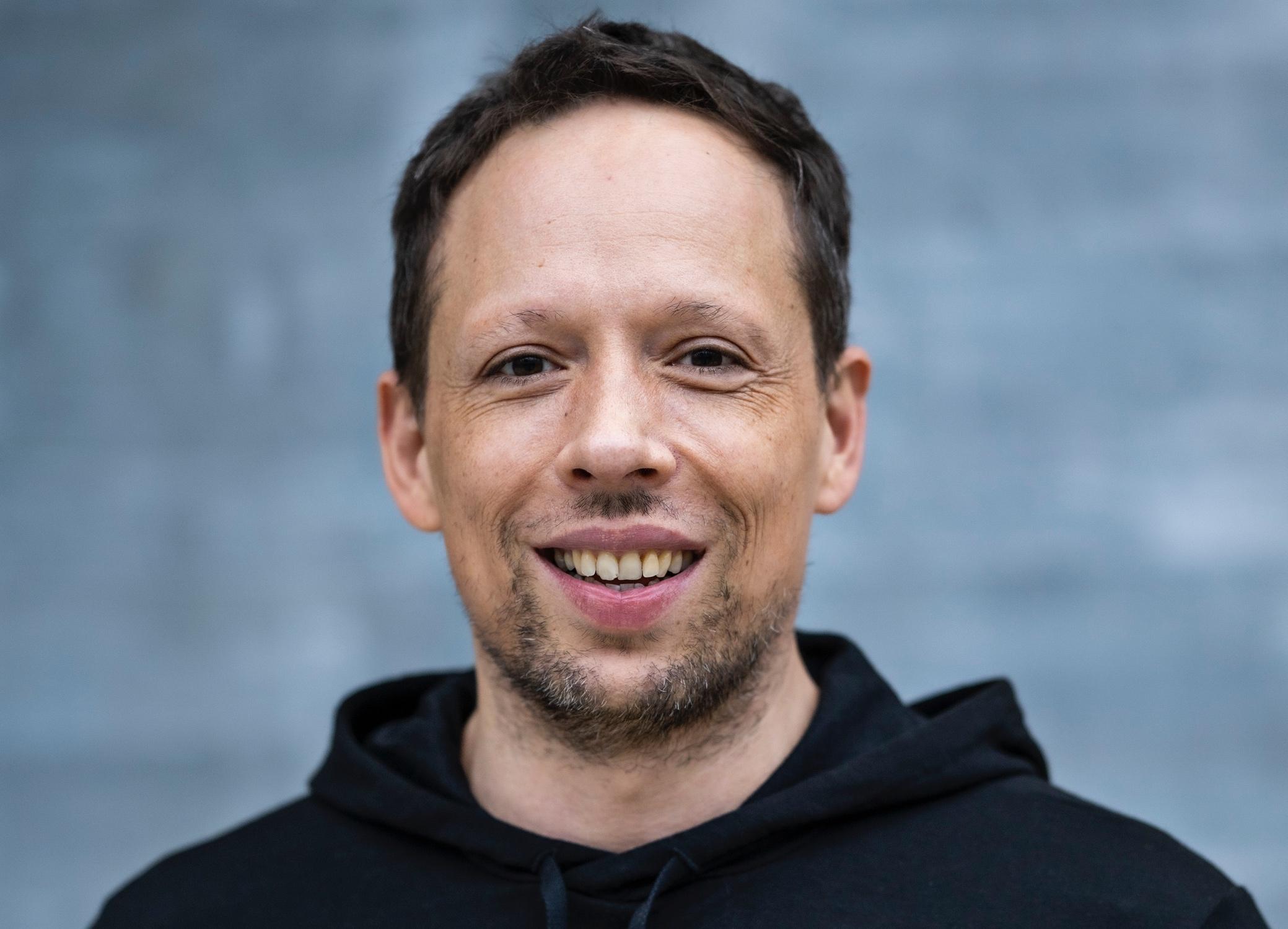"It's about creating an atmosphere in which we don't compare on the basis of gender"
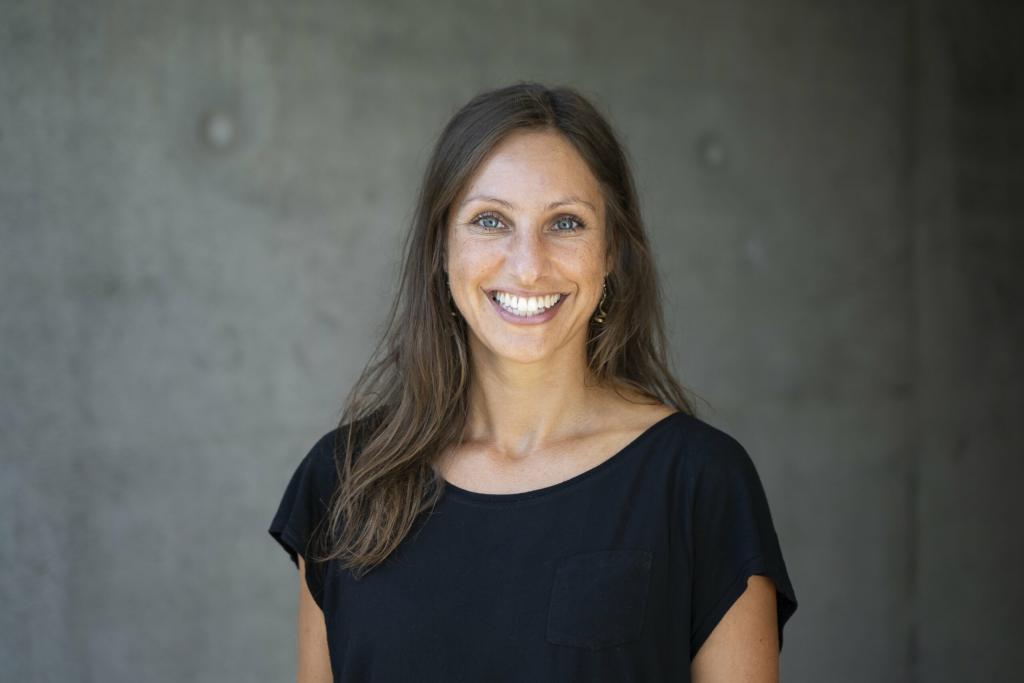
Janina Sundermeier, Professor of Digital Entrepreneurship and Diversity at Freie Universität Berlin, and her doctoral student Franziska Mattner have been researching female founders in Germany for some time. In this interview, they talk about diversity in the start-up environment, VC capital for female founders and political measures for more equality.
According to data from Startbase, only 11.9% of start-ups in Germany were founded by women in 2020. How do you explain that?
Janina Sundermeier: In fact, it turns out that existing stereotypes about who and what constitutes a female founder are the main reason for the low number of female founders. Men are still more likely to be associated with supposedly start-up-specific attributes such as "assertive", "risk-taking" and "fearless". They are therefore more likely to identify with the job description and have decisive advantages when it comes to accessing important resources, such as venture capital, because decision-makers are also often influenced by stereotypical ideas.
What options are there for overcoming these barriers?
Sundermeier: Raising awareness and training for entrepreneurial thinking and action must become a matter of course so that founding a start-up becomes just as tangible a job description for young people as, for example, being a doctor, kindergarten teacher or teacher.
And what can be done in the short term?
Franziska Mattner: Firstly, 'entrepreneurship' should be integrated into our school system as a subject at an early stage in order to teach the necessary knowledge and skills, as well as to develop confidence in them. Working with role models can help to get a 'picture' of what it means to be a founder or to understand why someone else has chosen this path and to evaluate whether this path is also an option for me. In addition, our state can of course create a variety of incentives.
What incentives could these be?
Mattner: Start-up grants - such as the EXIST start-up grant - can help to make the step from permanent employment to start-up easier. For a period of twelve months, the teams (max. three people) receive a monthly basic salary including a workplace, coaching and a network. EXIST currently primarily supports technology or knowledge-based start-up projects from the university environment. One possibility would be to expand the conditions and funding volumes (new target groups, types of innovations) in order to keep the entry barriers as low as possible. It would be interesting to see whether an additional 'women's edition' with female coaches, investors, connections to female founder networks and target group-oriented marketing could increase the proportion of founders per year.
Ms. Sundermeier, do you also think that politicians need to take more initiative to make the start-up sector more diverse?
Sundermeier: In the foreword to the Female Founder Monitor from 2020, Brigitte Zypries says that despite all efforts, nothing has really changed in terms of the proportion of female founders. I find this honesty remarkable, but I also see the efforts of various ministries. For example, I am part of the jury for the innovation program for business models and pioneering solutions of the Federal Ministry for Economic Affairs and Energy, and here great care is taken to ensure that relevant applications are evaluated by a very diverse jury. These are important steps in the right direction and, in addition, all political opportunities help to free society's image of founders from stereotypes.
On average, founders are 36 years old. To what extent does the desire to have children hinder your own start-up?
Sundermeier: In fact, many women start a business later, when they have already gained professional experience. That is actually a very good basis. The fact that many women don't dare to take the step of founding a start-up is due to the socially influenced idea that every start-up is the first step towards private insolvency and that it takes huge amounts of resources to set up a company. These myths need to be dispelled and more offers are needed to show how an idea can be validated with simple means in terms of its actual potential.
I have just become a mother myself and would find it a nice addition if, in addition to all the baby fun courses, there were also offers that invite mothers to validate and further develop their own ideas step by step with guidance and with consideration for the needs of the newborn.
Do you see social benefits of more female founders?
Mattner: As start-ups research new technologies, develop digital products or create business models that change entire industries, it is always desirable that the scene of those who 'help shape' is as heterogeneously structured as possible. This allows the needs, wishes and ideas of different target groups to be better taken into account in product development. That's why I would like to see a diverse, open, heterogeneous and sustainable start-up scene with lots of cool women and men.
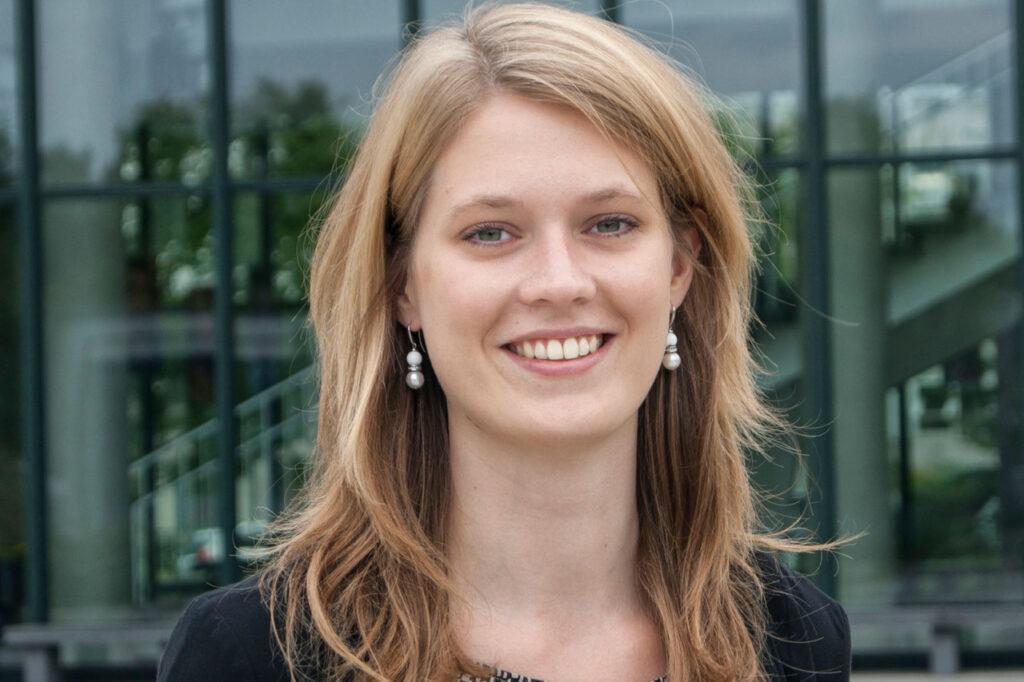
In order to successfully advance a start-up, founders need capital. But female start-up teams in particular often lack it. Is there a need for a women's quota in the VC sector?
Sundermeier: The title of a US study, , which analyzed the conversations between VCs and founders, speaks volumes for the need for a rethink in the VC world: "We ask men to win and women not to lose". Nevertheless, quotas are always ambivalent. On the one hand, quotas are needed to address the symptoms of the distorted perception of the male ideal in the start-up context. On the other hand, the quota does not necessarily heal the causes of the distorted assessment of men and women. The quota is only effective if the VC world is open to criticism and change and doesn't just bring women on board to avoid a shitstorm on social media with the next group photo.
Mattner: I think the question is, what's the problem? Are there simply no female founding teams that investors could invest in? Do the ideas or business models of the female founding teams not correspond to the growth targets of those who invest? Is there a 'selection bias' based on gender? In other words, do men tend to 'trust' other men and women 'trust' other women?
I always find diversity more exciting, so - a clear yes to this, also for the investor scene. I would also think it would be great if the SDGs (Sustainable Development Goals) & ESG criteria (the standard for sustainable investments) were included in the decision when selecting start-ups in addition to their growth targets.
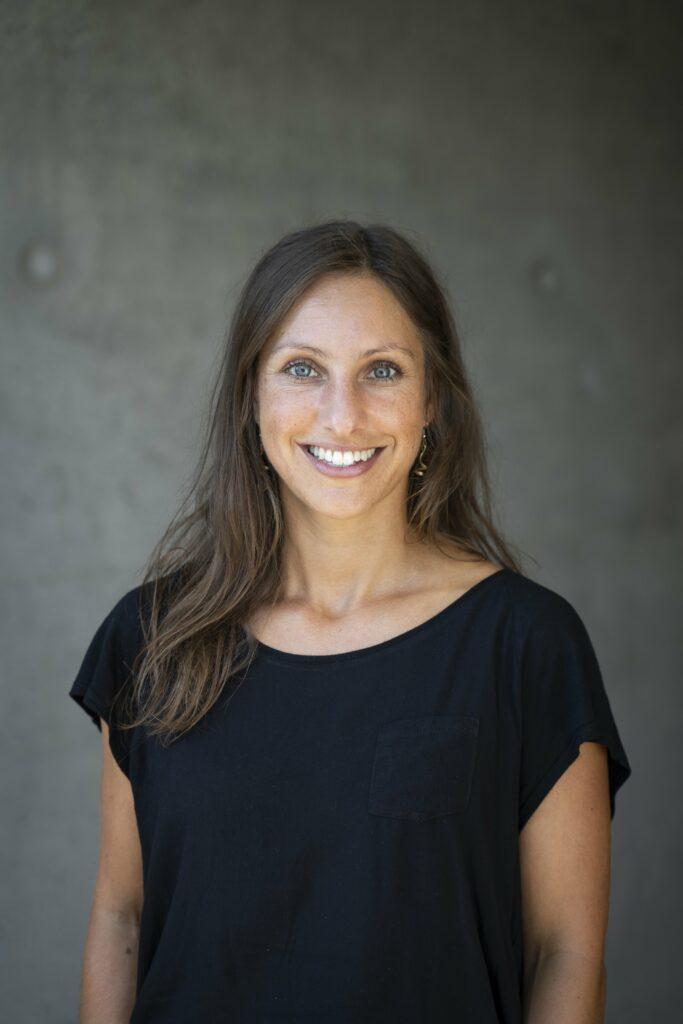
In your opinion, in which areas are women's teams better than all-male start-up teams?
Mattner: In all of them! (laughs) There are studies or reports that compare women's and men's teams, but I don't know what that does for us, apart from sharpening the 'fronts'. It's about creating an atmosphere in schools, in the trades, at universities, in the workplace, on supervisory boards, in politics - in which we don't compare on the basis of gender, but in which we promote the potential of the individual. Who contributes when, at what time and how in professional life, family, household, etc. - we as a society as a whole certainly need to be more open and flexible here.
What tips would you give young female founders?
Sundermeier: Go for it! Find out what kind of support is available in your area. If you are studying or have studied, the university's start-up center is a good first port of call. In addition, there are events in many cities that are organized via the meetup.com platform and many chambers of industry and commerce also offer support. All of these are initial points of contact for gradually finding out which offers exist for the respective start-up phase. In addition, you usually meet people here who are open and unreserved about founding a start-up, at least more so than your own parents or friends, who may have little interest in this path.
Mattner: There are now many good contact points, e.g. female founder networks with mentoring such as Female Founders, WomenTech Network, FeMentor or teamnushu, but also podcasts, accelerators, events, meetups or trade fairs that promote women in the start-up scene.
From who can a budding female founder learn something from?
Sundermeier: I think the answer to this question is always very subjective. Dr. Sophie Chung (Qunomedical GmbH) and Farina Schurzfeld (Selfapy GmbH) really inspired me and the participants in my events with their personalities and mindsets. Of course, I'm also a big fan of the female founders who I've been able to accompany closely on their journey as a mentor, such as Jaane Henning and Johanna Lubig, who are digitizing couples therapy with Recoupling.
What are the coolest ideas (start-ups) that you know of from female founding teams?
Mattner: The Strascheg Center for Entrepreneurship, the start-up center at Munich University of Applied Sciences, is home to companies such as Langhaarmädchen, Jesango and nearbees. Other names that are often mentioned in the media are Verena Pausder from Fox and Sheep, Ida Tin from Clue, Julia Bösch from Outfittery, Lea-Sophie Cramer from Amorelie or Milena Glimbovski from 'Original Unverpackt'. There are so many incredible and exciting stories. You can listen to a few of them in our new university podcast fIVE, which will be launched on 15.03.2021.
Are there other countries where it is easier for female founders?
Sundermeier : In a study from 2016, colleagues from Hohenheim examined the proportion of female founders in the 20 leading startup ecosystems worldwide. Berlin ended up in last place, while the top four places were taken by American ecosystems such as Silicon Valley. However, I would be cautious about concluding that female founders have it easier there. The aforementioned VC study with the insight "We ask men to win and women not to lose" is based on data from the USA and shows that there are also reservations about women in the start-up context there.
Nevertheless, the American mentality is different and the idea that anyone can make it from dishwasher to millionaire obviously also has an impact on the self-confidence with which start-up ideas are implemented in the USA. True to the motto "You can have it all".
Thank you very much for the interview.
About the people:
Prof. Dr. Janina Sundermeier
Janina Sundermeier, Professor of Digital Entrepreneurship and Diversity at Freie Universität Berlin, is an ambassador for "Women's Entrepreneurship" as part of NFUSION, the Entrepreneurs Network of Freie Universität Berlin. In addition, she organized the initiatives "Hello DIversity! Conference 2019", "WoMenventures" and "Digital Entrepreneurship Hub" and is thus committed to more diversity in the start-up scene.
Franziska Mattner
Franziska Mattner, who has been a lecturer at Munich University of Applied Sciences since 2016, teaches business model design, innovation and design thinking. She is also very involved in the SCE, the university's start-up center, where she initiated the start-up podcast "FIVE", among other things. She is currently doing her doctorate on the research focus: "Female Entrepreneurship & Online Education".

Newsletter
Startups, stories and stats from the German startup ecosystem straight to your inbox. Subscribe with 2 clicks. Noice.
LinkedIn ConnectFYI: English edition available
Hello my friend, have you been stranded on the German edition of Startbase? At least your browser tells us, that you do not speak German - so maybe you would like to switch to the English edition instead?
FYI: Deutsche Edition verfügbar
Hallo mein Freund, du befindest dich auf der Englischen Edition der Startbase und laut deinem Browser sprichst du eigentlich auch Deutsch. Magst du die Sprache wechseln?



